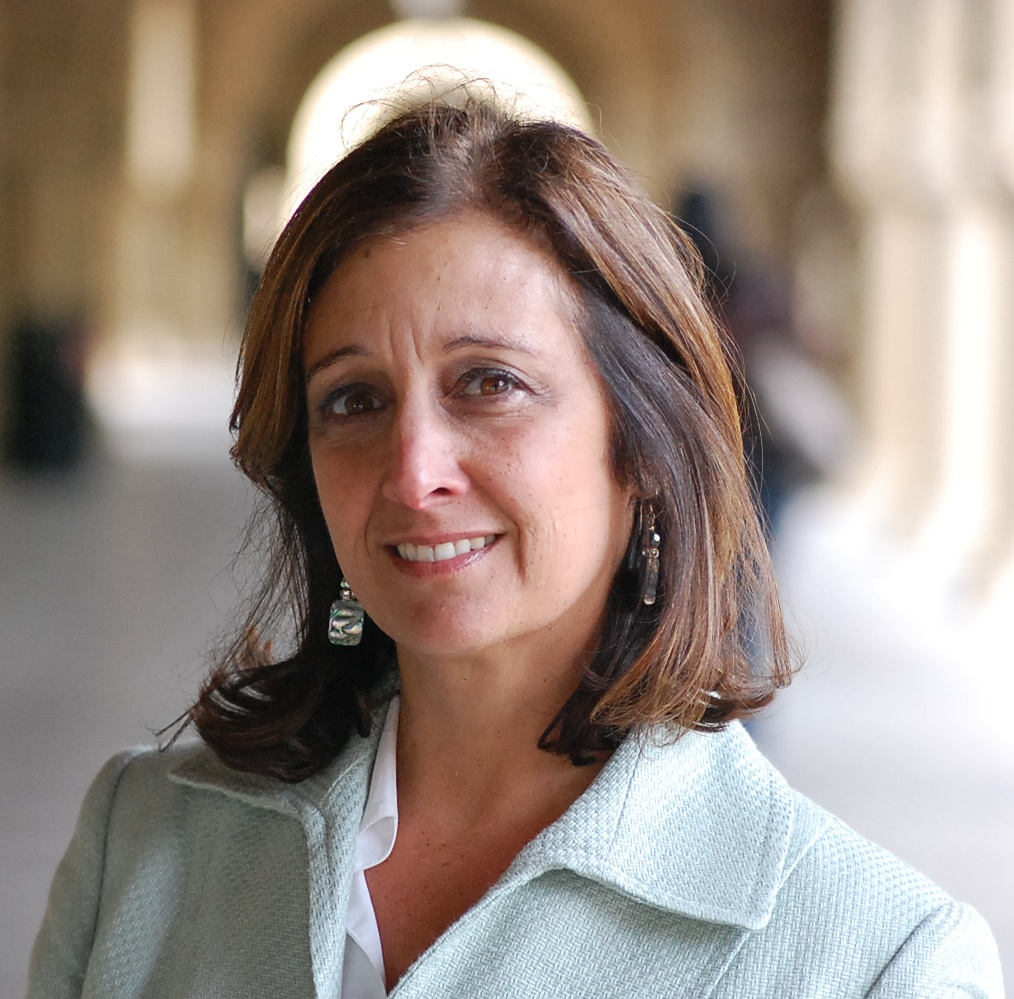Barbara Karanian PhD is a lecturer and former visiting Professor in Mechanical Engineering Design at Stanford University. Barbara's research focuses on the psychology of entrepreneurial work; it blends socio-cognitive theory, industrial-organizational psychology principles, engineering design thinking, and art.
Keynotes
Opening Keynote:
Benjie de la Peña
Benjie de la Peña
BIOGRAPHY
Benjie is the CEO of the Shared-Use Mobility Center; he chairs the Global Network for Popular Transportation; is the founder of Agile City Partners; and writes and curates Makeshift Mobility, a fortnightly newsletter covering innovations in informal transportation. He also convenes the Shared Mobility 2030 Action Agenda and edits and produces Pop Transport.
Benjie serves on the board of the American Council for an Energy-Efficient Economy (ACEEE), the UITP Informal Transportation Working Group, the Digital Transport for Africa Partners Committee, the MobiliseYourCity Steering Committee, and is a Senior Fellow for Mobility for the Canadian Urban Institute.
He served as the first-ever Chief of Strategy and Innovation for the Seattle Department of Transportation. He and his team drafted the city’s Transportation Information Infrastructure Plan. He also led the development of Seattle’s New Mobility Playbook.
He served on the advisory committees for L.A.’s Transportation Technology Strategy, the Mobiprize, and Cooper Hewitt Museum’s The Road Ahead: Reimagining Mobility and Design with the Other 90%: Cities.
Keynote Abstract
Popular Transportation and Shared Mobility: a brief history and an (inclusive) future
Popular transportation is the privately provided, publicly serving local transportation services and systems that emerge in nearly every city in the Global South and they go by many local names—ojeks, tuk-tuks, jeepneys, matatus, danfos, dala dalas, boda bodas, minibus taxis, microlets, angkots, marshrutkas, diablos rojos, bajajas, colectivos, boda bodas, dollar vans, etc. They run on two-wheels, three-wheels, or four-wheels. They are pedal or motor powered. They can even be electric.
These systems proliferate in almost every city, town, village, and rural area of low- and middle-income countries. They also operate in the underserved fringes of high-income countries. They are so common that these systems likely move more people worldwide than all other modes combined. These systems can be powerful engines for economic mobility and for creating more sustainable and inclusive cities.
Closing Keynote:
Barbara Karanian & Jonathan Summers
Barbara Karanian & Jonathan Summers
BIOGRAPHY
BIOGRAPHY
Keynote Abstract
What we talk about when we talk about cars
Life happens in cars. We find that when people tell stories about cars, they tell them in a very different way than any other story. Conversations about car experiences surface emotions like lust, excitement, wonder, worry, fear, contentment, anger, surprise, and even disgust. What are the non-obvious emotional ties between our human to human vs. human to inanimate objects? “Are you driving a Ferrari?” “The first time I saw a Tesla I was driving on 280 and it took my breath away - I remember whispering to myself, ‘what is that?’ “ “I want to be able to tinker on my car on the weekends, and I just can’t do that with the new cars out there.” Prototyped connectedness is at the center of the emotion content that informs this interactive talk with implications for car design. We will talk about the deeper meanings captured by short stories, case examples, and interviews about cars.


